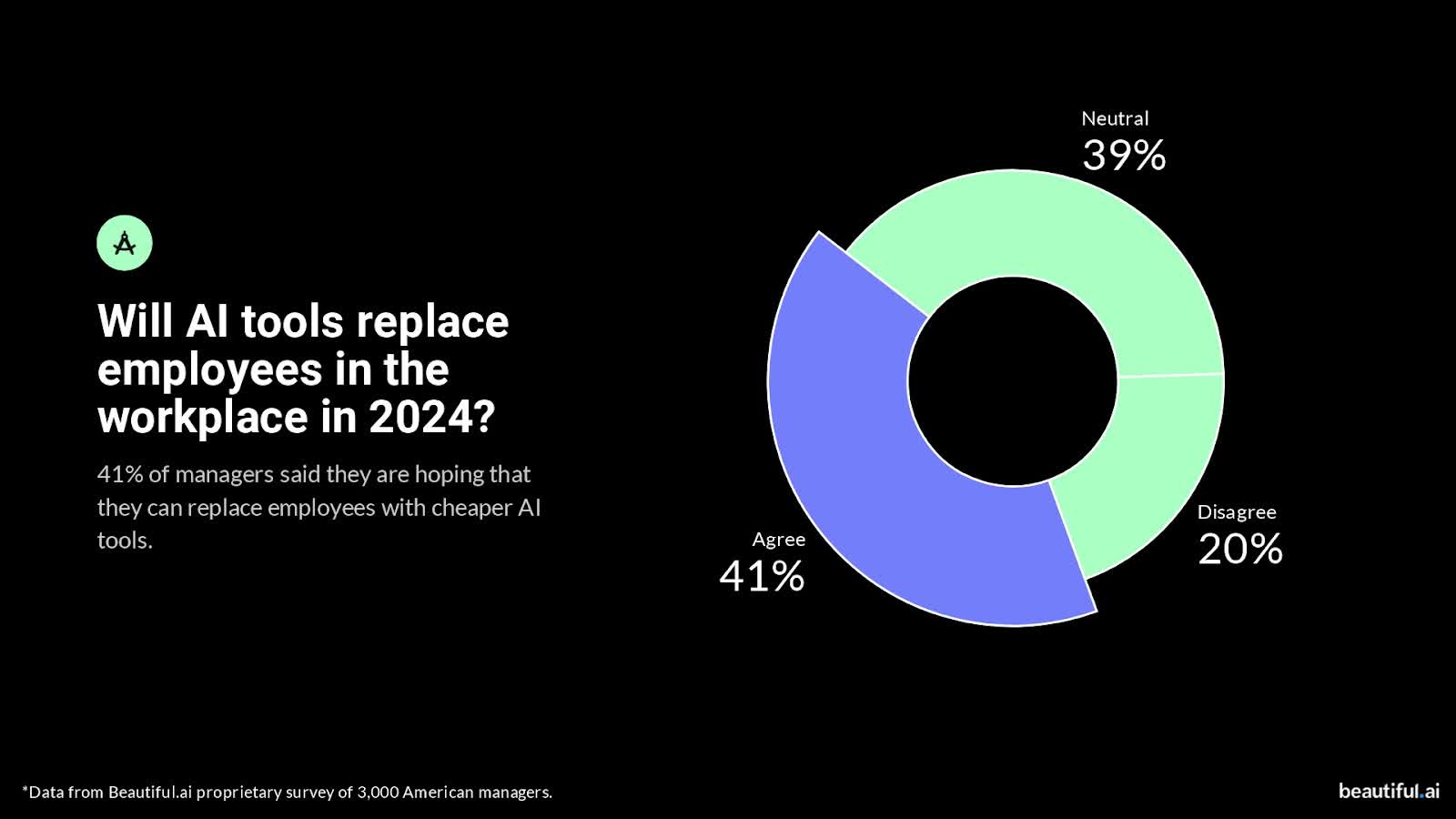A hot potato: It's no secret that certain types of jobs are more threatened by artificial intelligence than others. Call center workers fall into this category, and while we've already seen a few companies replace phone-based support staff with generative AI, there are warnings that the entire industry could be comprised mostly of chatbots in as soon as a year.
The grim prediction comes from K Krithivasan, head of Indian IT giant Tata Consultancy Services (TCS). The second-largest company in India by market cap, it has more than 616,000 employees worldwide.
Speaking to the Financial Times, Krithivasan said AI will result in a "minimal" need for call centers. The CEO added that while "we have not seen any job reduction" so far, that will change as multinational clients adopt generative AI. The technology is expected to have a massive impact on the customer help center industry, which, according to a Gartner report in 2022, employs about 17 million people.
"In an ideal phase, if you ask me, there should be very minimal incoming call centres having incoming calls at all," Krithivasan told the FT. "We are in a situation where the technology should be able to predict a call coming and then proactively address the customer's pain point."
The prospect of a chatbot being able to fulfil all of a customer's requests over the phone with ease might sound like a long way off, but Krithivasan believes they will be able to seamlessly replace humans in "maybe a year or so down the line."
We've already seen companies oust call center staff in favor of AI. In July last year, a CEO laid off 90% of his support team, boasting that the move dropped first response and resolution times while reducing customer support costs by around 85%. He later warned that the technology is "100%" going to kill copy-paste jobs.
Krithivasan did add that the immediate impact of generative AI was overblown and that people were still overestimating the benefits. He also argued that the technology wouldn't lead to mass job losses as the world would need more people "in terms of technology talent," but then most CEOs like to push the narrative about gen AI assisting people rather than replacing them, and how its use will lead to new types of jobs.
There have been several surveys estimating the impact generative AI will have on jobs. One said it is expected to replace two million jobs in the US by 2030, while the IMF believes 40% of jobs worldwide will be affected in some way by the technology. Possibly the most worrying survey revealed that almost half of all managers aim to replace workers with AI and could use it to lower wages.

